- Math
- |
- Back to School
- |
- Homeschool
- |
- New Teachers
- |
- Seasonal
Math Workshop Ideas for Upper Elementary
By Mary Montero
Share This Post:
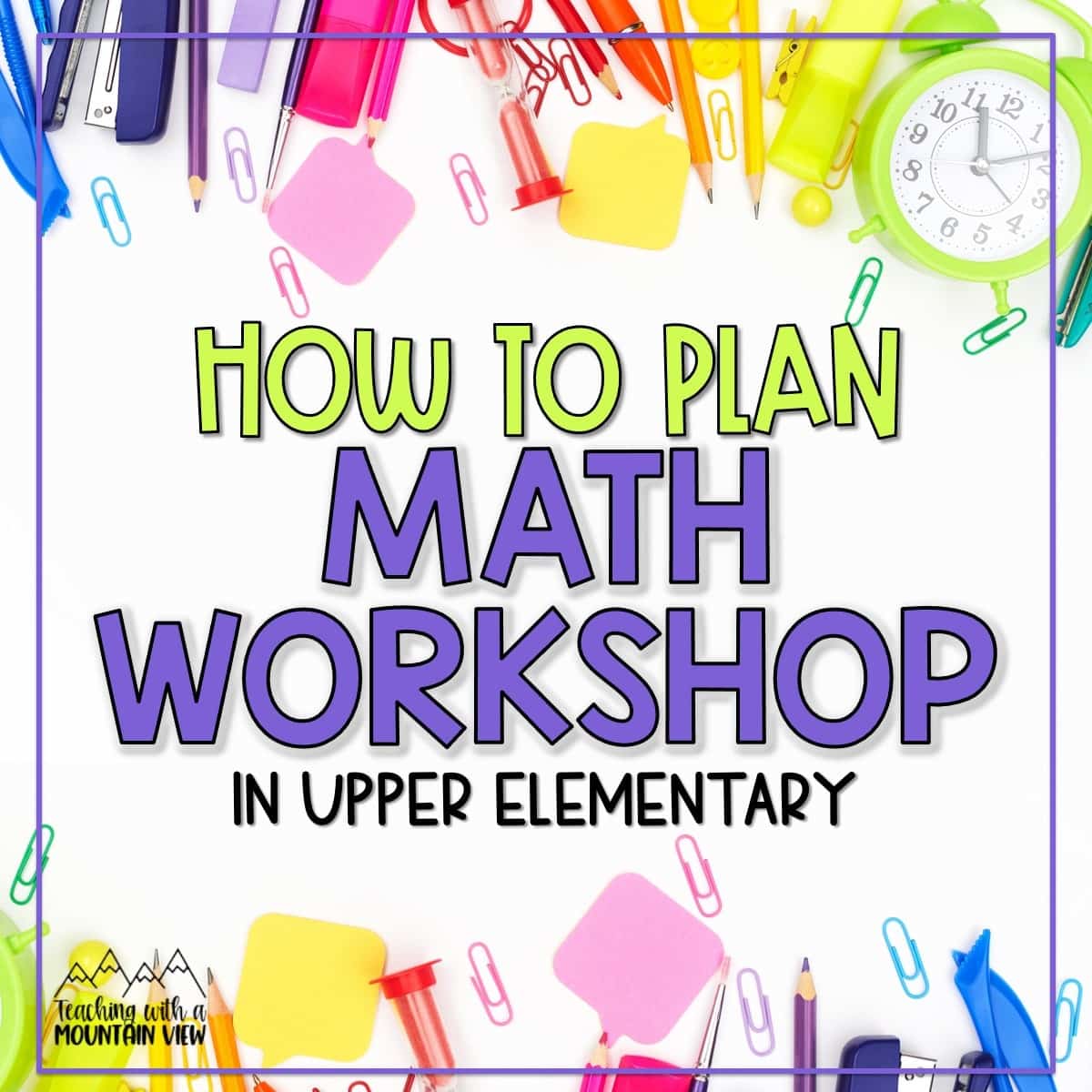
Whether you have 45 minutes or 90 minutes for your block math, how you set it up can make or break the progress you’re able to make with your students. I’ve had such varying setups for math, but for FIVE of the years I taught, I had split math blocks… all of those years, I had part of the block before lunch or specials and part of it after. Designing our math schedule was critical to make the most of every single minute. This is also such a common question I get, so today I’m chatting about how I organize my math workshop block! Even though this is geared toward upper elementary, you can truly adapt it to just about any grade level.
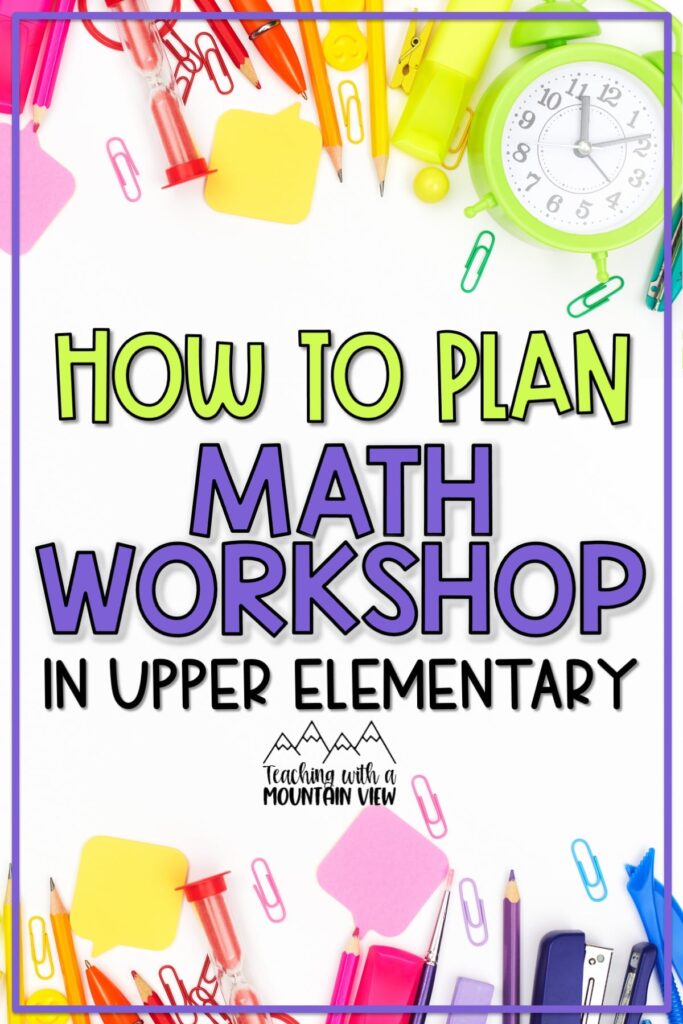
Elements of Math Workshop
Daily Math Routines
First and foremost, I had two math routines that I consider critical to my students’ success in math. We do these EVERY day, and they take ten minutes but make such a huge impact! You will be amazed at how FAST students can get through these routines, but how big of a difference they make in the long run.
- Math Skill of the Day: I created math skill of the day resources after searching and searching for the perfect review of math skills and not being able to find exactly what my students needed. I wanted something that would routinely reintroduce my students to the important skills they had learned throughout the year (and in years prior) and engage them in meaningful, relevant practice of ONE SKILL per day, allowing us to truly review the skill. (5-7 minutes)
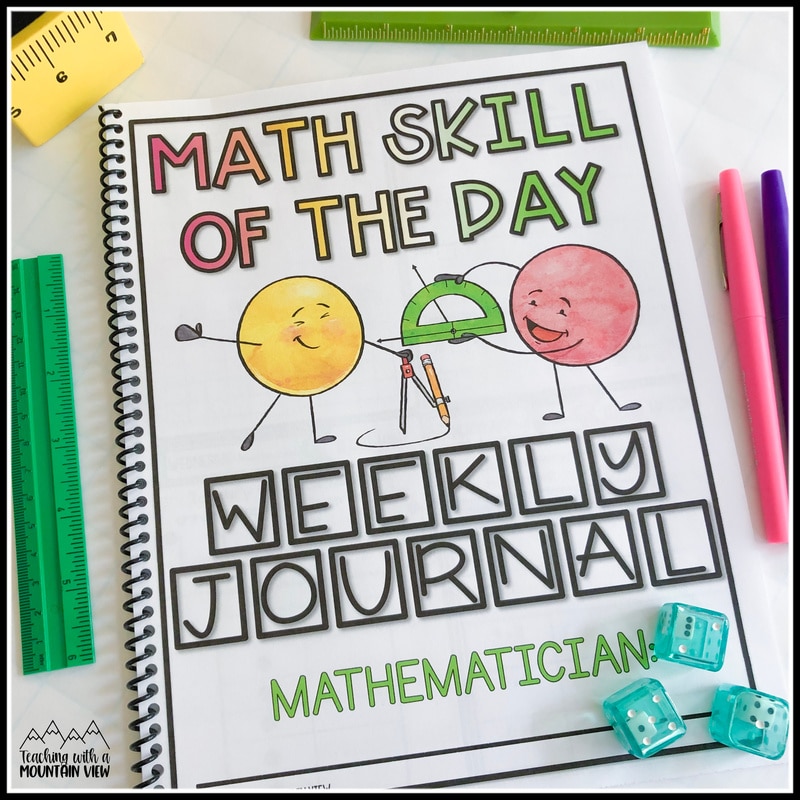
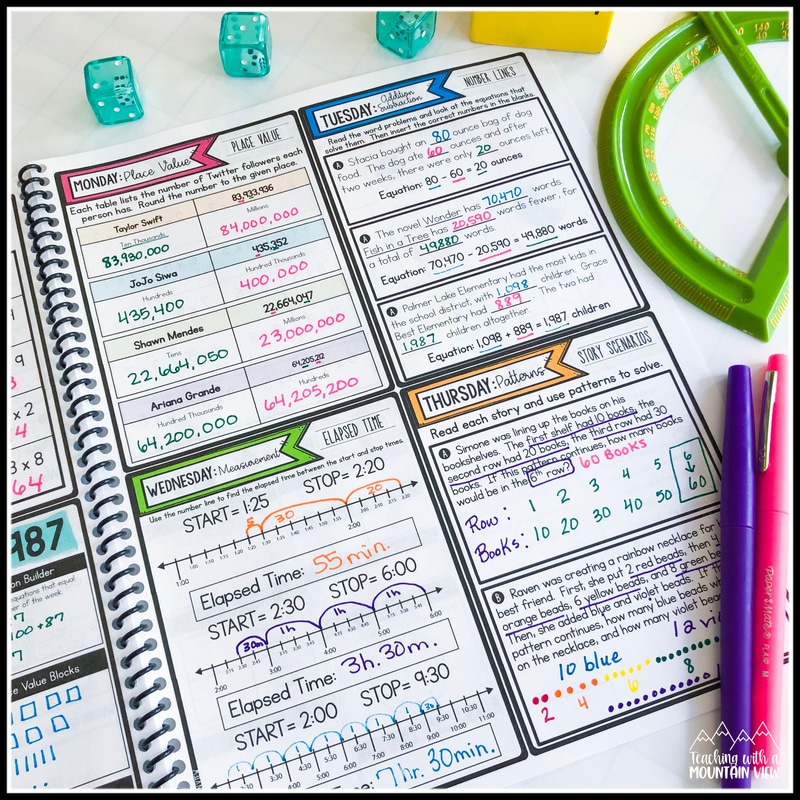
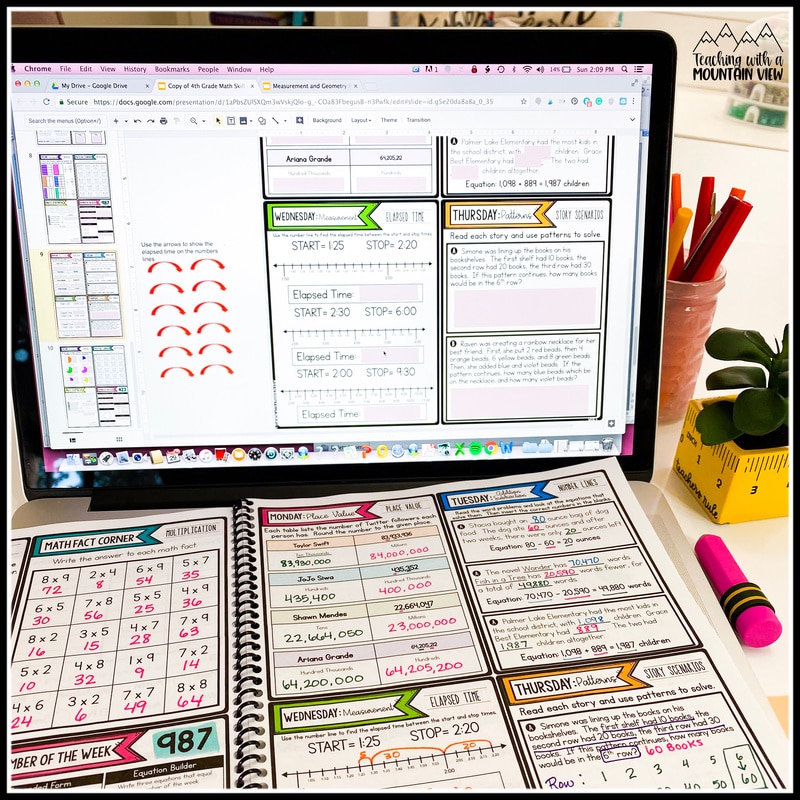
3rd Grade | 4th Grade | 5th Grade
- Superspeed Math: I have used Superspeed math for over 10 years, and I’m a HUGE believer in its effectiveness for math fact automaticity. This has students verbally reciting math facts, which I think is often overlooked. (3 minutes)
- Minute Math: You can use any paper/pencil based minute math for this section, but basically, I give my students one minute to practice as many written math facts as possible. We do this twice. You can choose whether or not to make this a competition, but I don’t usually. (2 minutes)
- The bottom line with math fact practice is that I make sure my students are practicing their facts OUT LOUD and ON PAPER, two very different but important skills.
Implementing a routine with Math Skill of the Day has made such a difference in our classroom, and I know it can make a positive impact in yours as well! You can download ONE FREE WEEK here.
These FREE Marvelous Mathematician posters are also a staple in our classroom. I first started using a version from MissMathDork and adapted them for my classroom over the years. I print, laminate, and add magnetic stickers on the back. At the beginning of the year, I only put one or two up at a time depending on our area of focus. By the end of the year, they are all hanging on my board and I’ll pull out different ones depending on our area of focus. They are so empowering to my mathematicians and help them stay on track!
Preparing for Math Workshop or Math Rotations
I know there are a lot of different schools of thoughts on what to set up in your math block. In an effort to increase differentiation in my room, I’ve always operated off a math rotation/workshop model. I found that trying to fit too much in each week resulted in a lot of unfinished work, which I really didn’t love. What ended up working best for me was a flexible workshop model. This meant that I had multiple options for each rotation, and they could change daily or weekly depending on what we needed.
Whole Group Math Lesson
We always started with a whole group lesson, which typically lasted about 10-15 minutes. This is when we would cover the core grade-level topic. Early in the week (or unit, depending on how things fall), we usually create our anchor charts as well as any interactive notebook entries during this time. Throughout the week or unit, we spend this time focusing on subtopics and mini lessons related to the core topic.
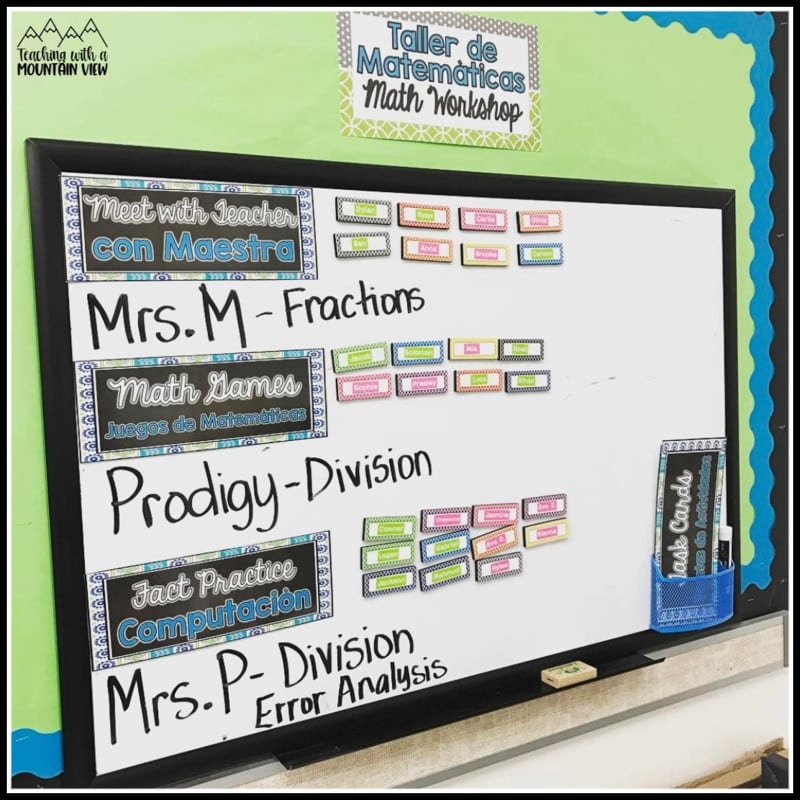
Organizing Math Workshop Rotations
I usually had three groups, but often had 4 or 5 depending on the need. I put each of the below options on cardstock, laminated them, and put magnetic tape on the back so that I could put them on our rotation board as needed. I put each child’s name on magnetic labels, which I found at a teacher store similar to THESE (Amazon affiliate link) which meant that I could move groups SO fluidly. It was totally normal for me to change the groups, so the kids become very used to it and think nothing of it if their grouping changes throughout the unit.
The different math rotations/stations that were interchangeable included:
- Meet with Teacher: This is where we did all of our small group work, and this is your BEST opportunity for differentiation. I usually did ability groups in math for this reason. I loved being able to plan slightly different lessons or practice during meet the teacher so that I could extend student learning or reinforce it, depending on what was necessary. For example, if the day’s math skill was comparing fractions, the highest group might be working on comparing fractions with different denominators (it’s OKAY if that’s not part of your standard if that’s what your students are ready for!). Another group might be working on specific visual strategies to reinforce comparing fractions with the same denominator and another group might be focusing on comparing fractions in word problems. I almost always meet with the group that needs the most support FIRST. That way, they are much more likely to be able to complete the other rotations more independently.
- Independent Work: This one showed up fairly frequently because I always wanted students to have the opportunity to practice their skills independently. Independent work during math rotations included:
- Required work from textbooks
- Concept-based math projects
- Error Analysis (see more on this later in the post!)
- Activities or printables from my Math Concept Bundles
- Assessments or Weekly Math Quick Checks
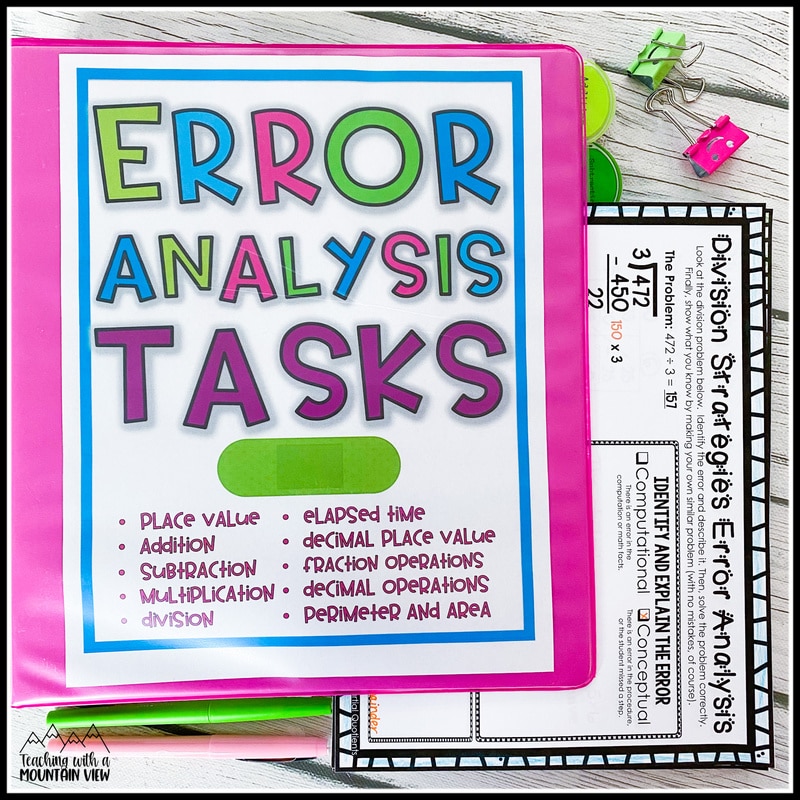
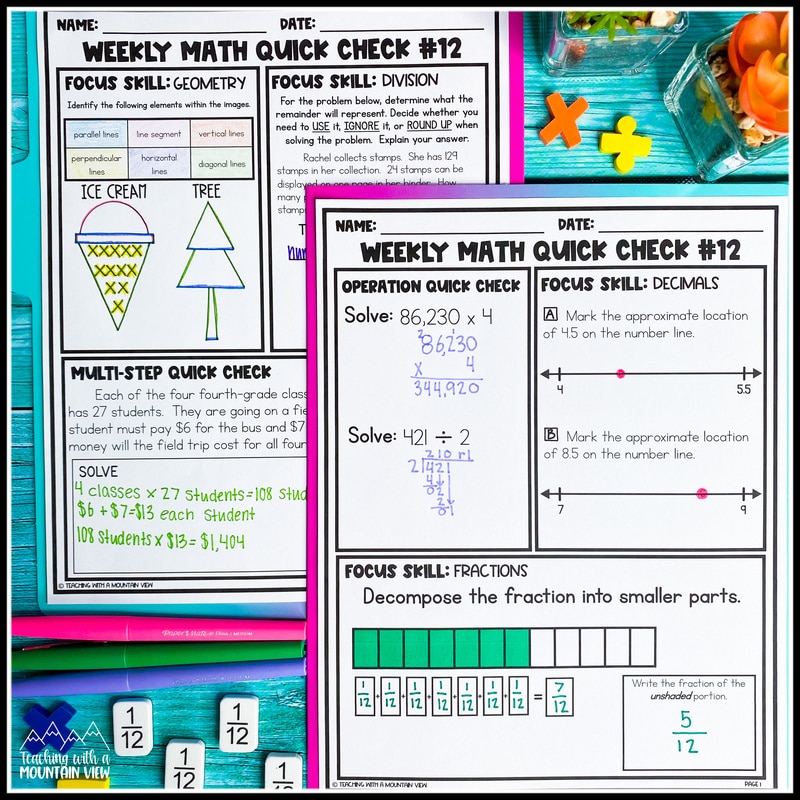
- Task Cards: I have task cards for just about every math skill out there, and the major benefit of using task cards is that you can prep them ALL ahead of time. It’s a great task for parent volunteers to laminate and cut task cards, too! There are a ton of different ways we would use them in math rotations. Sometimes, they would just complete a variety of task cards. This would often take them multiple days to get through, so sometimes I would tell them to only do a certain number each. Here are ways we use task cards during math rotations:
- With games: For each turn, they have to earn it by completing one task card.
- As a scavenger hunt: I would hang the cards up all over the place in a designated area. I liked to do this in the hallway, if allowed. I would always try to position my small group area in a place that I could easily monitor the students in the hallways.
- In booklets: I print the task card sets with 2 sets (8 cards) per page and give students booklets to complete.
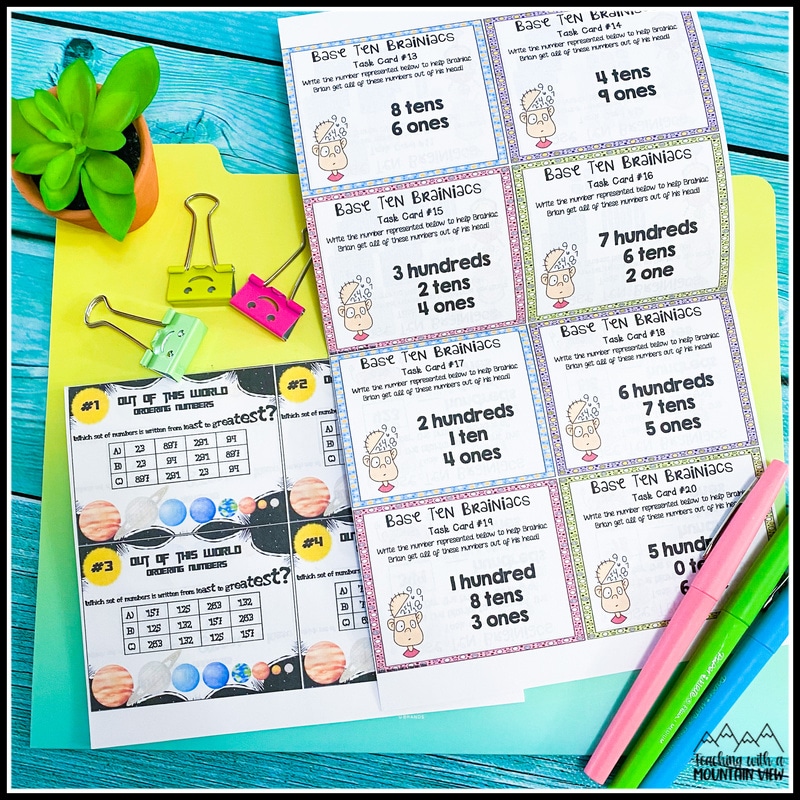
- Math Games: Math games included Topple Blocks, games with task cards, internet-based games like Prodigy, and other file folder type games. ALWAYS a favorite station!
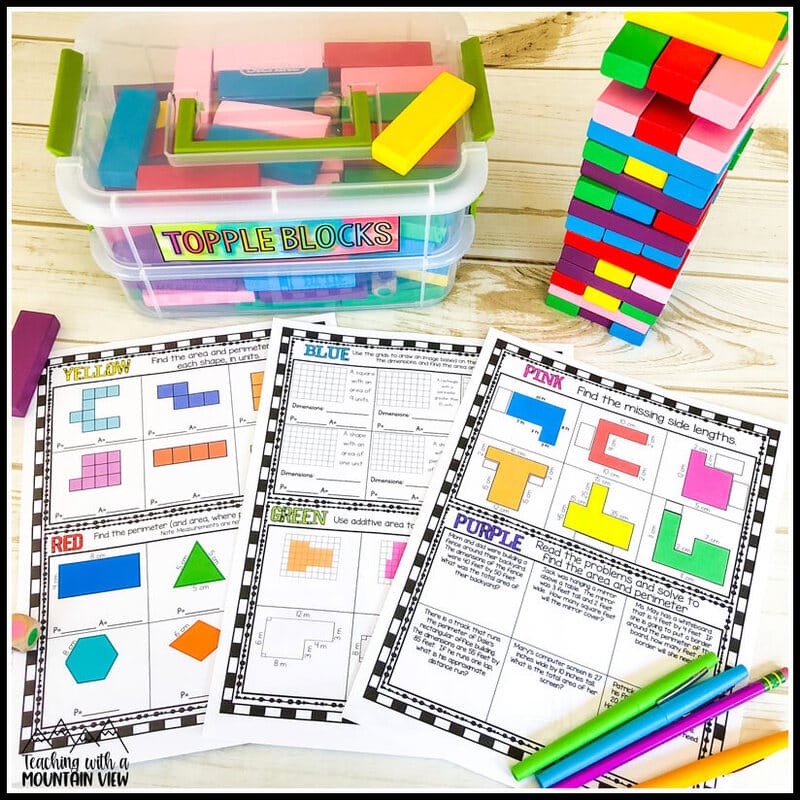
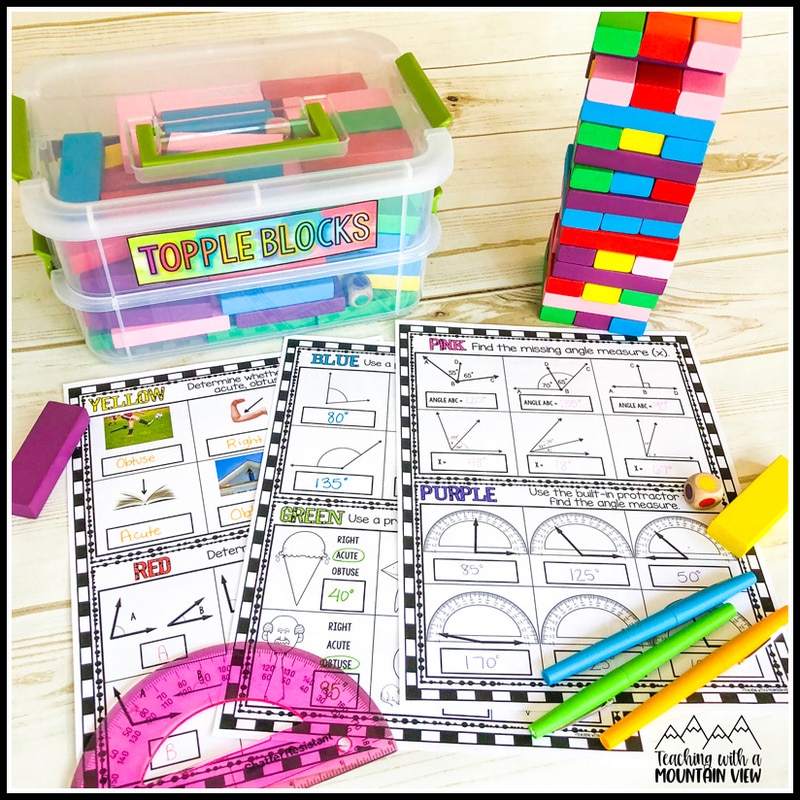
- Fact Practice: I usually tried to relate this to the skill we were working on, but about once a week, they just did fact practice for all operations. HERE is one of my favorite math fact practice games and HERE is what I use in this rotation when we are working on our multiplication facts. HERE is a video of another high-energy math fact game you can set up.
- Technology: We utilized IXL, but there are a lot of math programs that are mandated or utilized by school districts. I did not use this rotation every day, but I know of a lot of teachers who use this as a consistent center.
Whole Group Days
There are always going to be some days that it makes the most sense to work in a whole group. If your students are doing EVERYTHING the same in ALL the rotations, that should be a sign that it’s a great day to work in a whole group, and that is okay! On whole group days, you’ll usually find us doing a mini room transformation with concept-based math projects. I still differentiate my math projects by providing different students with different levels or tasks! Or sometimes we’ll do a lengthier core lesson that takes up the majority of the math block.
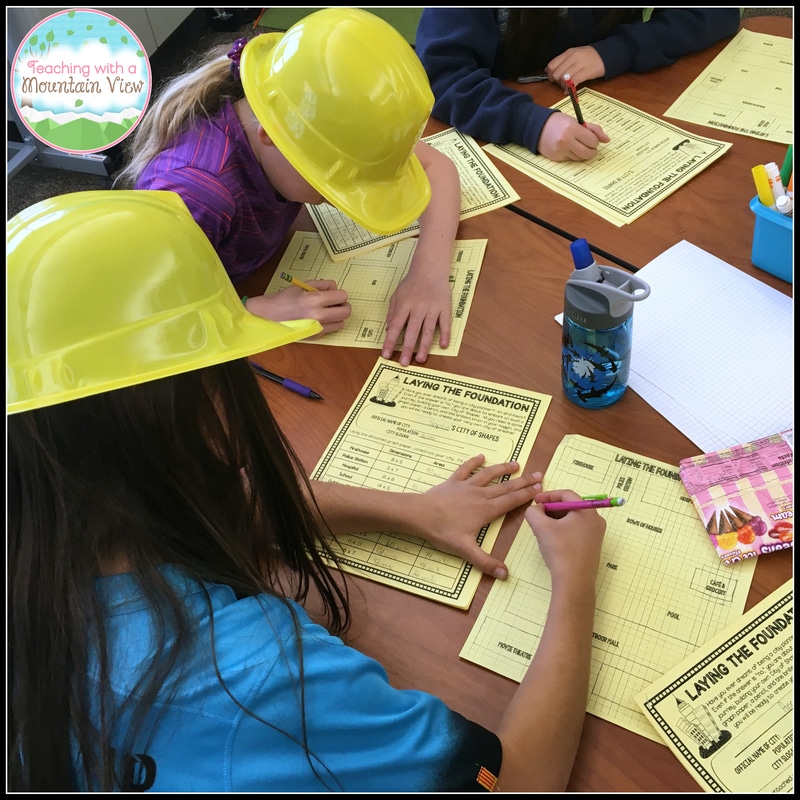
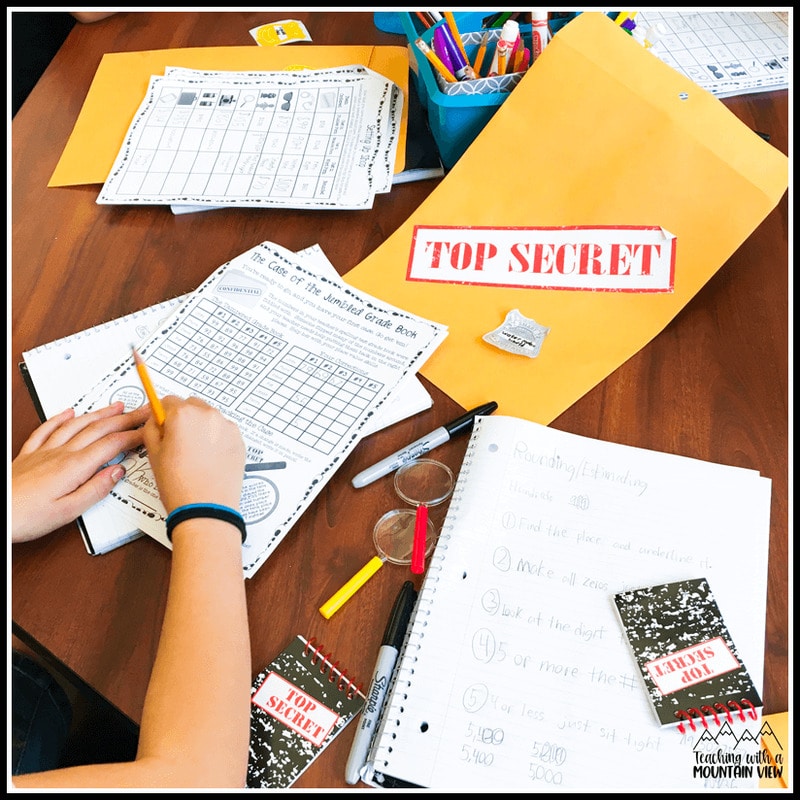
Essential Elements to Your Math Workshop Routine
There are a few components that I deem totally essential to our math routine. These are things that I make sure to fit in on an almost weekly basis, whether that is during whole group time, in a rotation, or during our small group time.
- Error Analysis: I usually incorporate this in independent time or small group time. It is SO important for students to be able to analyze their errors. I chat about the importance of error analysis HERE and teaching the difference between conceptual and computational errors HERE.
- Math Projects: I mentioned math projects a few times above, but I want to emphasize how important these are for creating real-world connections to your math concepts. Students absolutely love them, they are easy to theme, and they provide extremely rigorous practice. I wrote all about using Math Projects HERE.
- Problem Solving: Don’t forget about problem solving skills, particularly multi-step skills! You can read all about how I incorporate and teach multi-step problem solving HERE. We typically do at least one in the four-square format each week, plus some in independent centers as well as at least one per week during Math Skill of the Day time.
- Computation: I know it’s easy to skip over fact practice as a rotation, but again, this is a critical component that needs to be a focus, even in grades 3-5.
- Number Talks: These take some time to get students fluent with, but I loved being able to get them to a point that they could lead number talks as a rotation! If you’re new to number talks, THIS is a great book (Amazon affiliate link).
- Math Picture Books: I love incorporating picture books in all subjects, and math is no exception! I have a huge blog post about incorporating picture books into your math block, which you can read HERE.
- Mental Math: Are you incorporating mental math into your routines? It’s SO important and only takes a few minutes! My favorite is to do oral mental math at the beginning or end of the day. I will give an oral equation like, “Multiply 25 by two. Add 50. Divide by 4. Add 5. What’s my number?” That’s it! A few of those a day are HUGELY impactful.
- Want an easy way to grab all of these resources at once? This ULTIMATE math resource bundle is packed with resources!
Early Finishers in Math
- Seasonal math projects are easily my favorite early finisher task in math. Since there is one for EVERY season, there is always something for students to be working on, and when used as early finisher tasks, they will last several weeks.
- These math early finisher task cards were also always available to students. They typically chose one card and kept it in their math binder to work on until they were done, at which point they would return it to the early finisher task card turnstile.
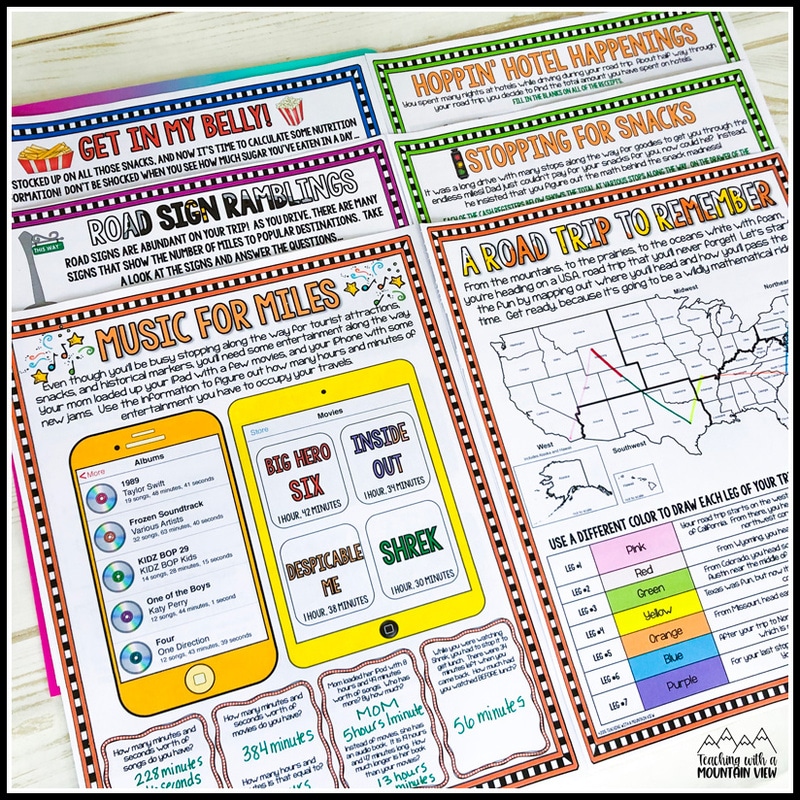
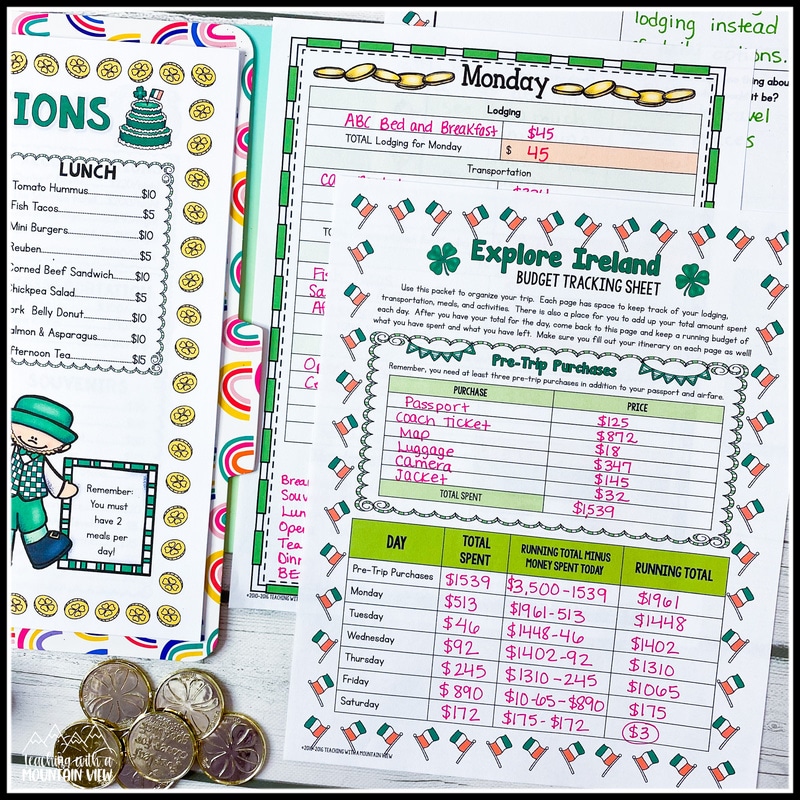
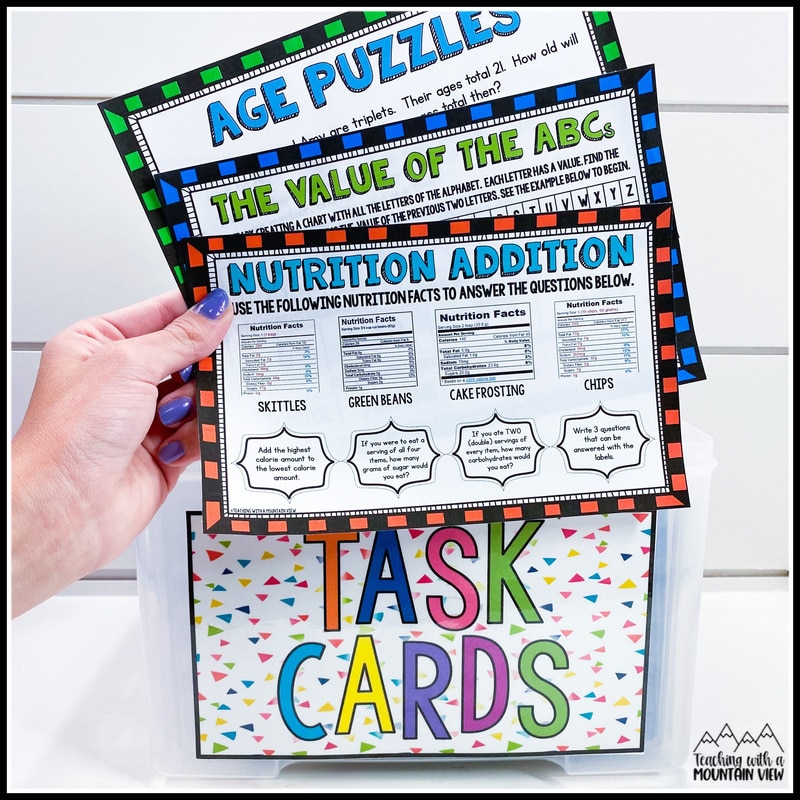
Do you use math workshop with your students? Come share your ideas with us in our FREE Inspired in Upper Elementary Facebook group!
Mary Montero
I’m so glad you are here. I’m a current gifted and talented teacher in a small town in Colorado, and I’ve been in education since 2009. My passion (other than my family and cookies) is for making teachers’ lives easier and classrooms more engaging.

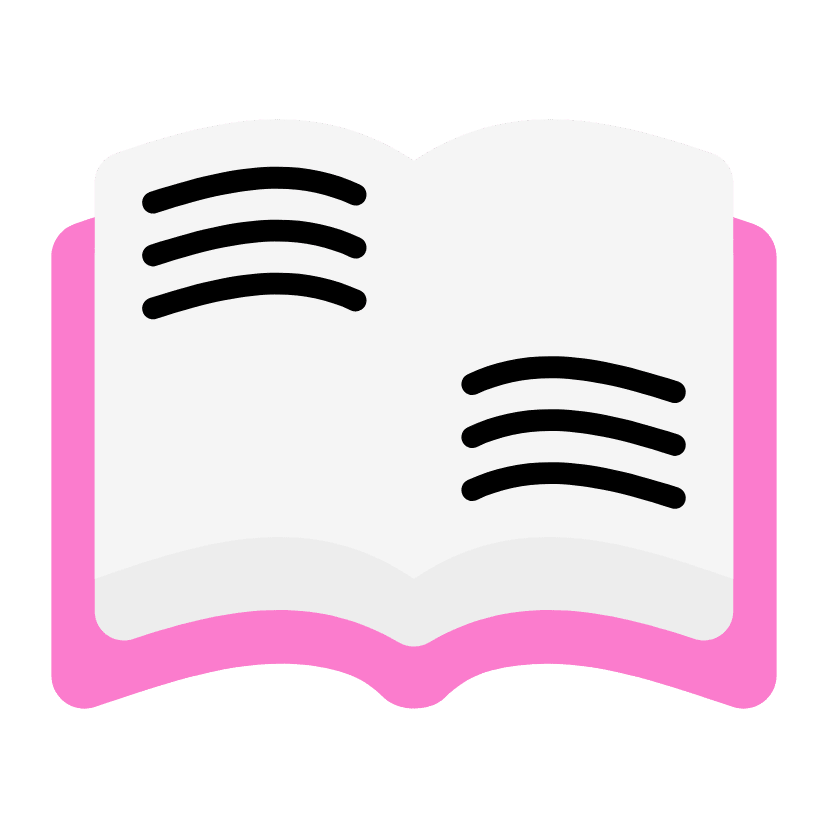
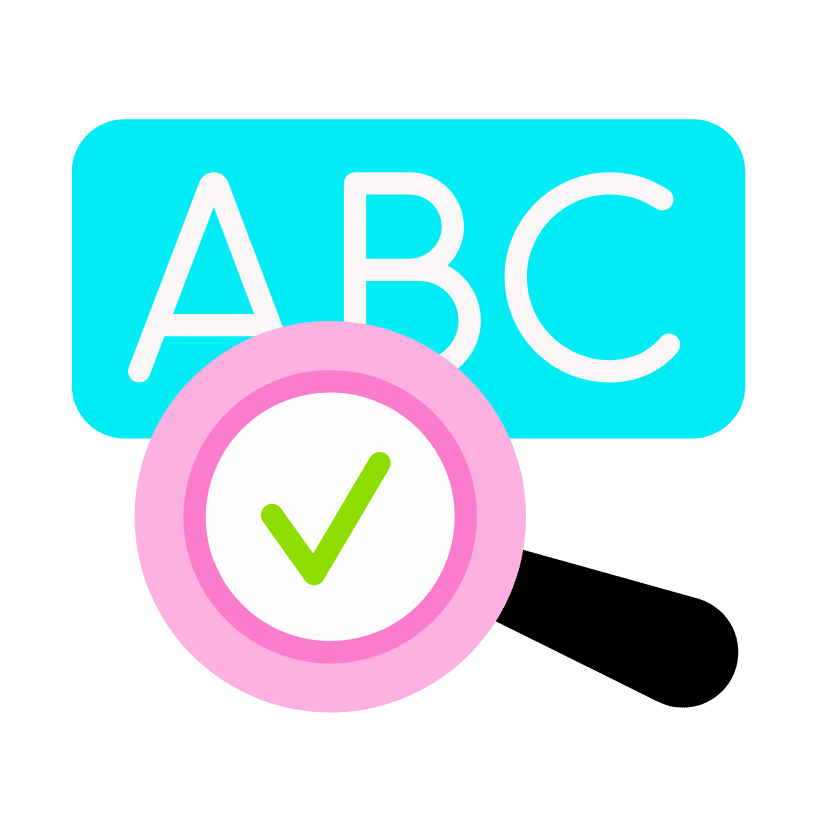



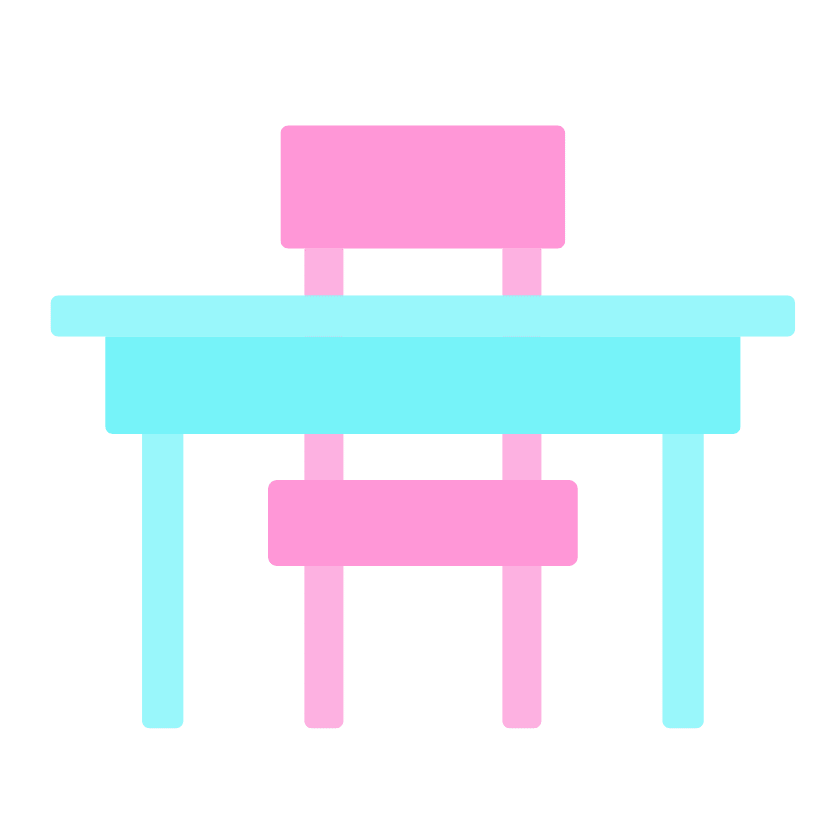
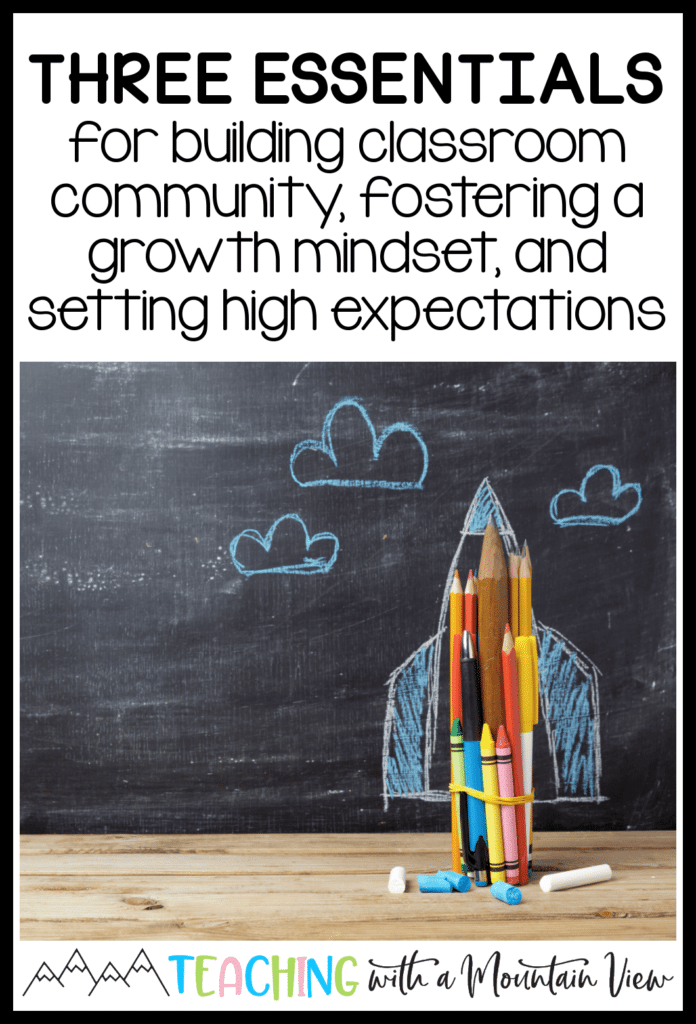
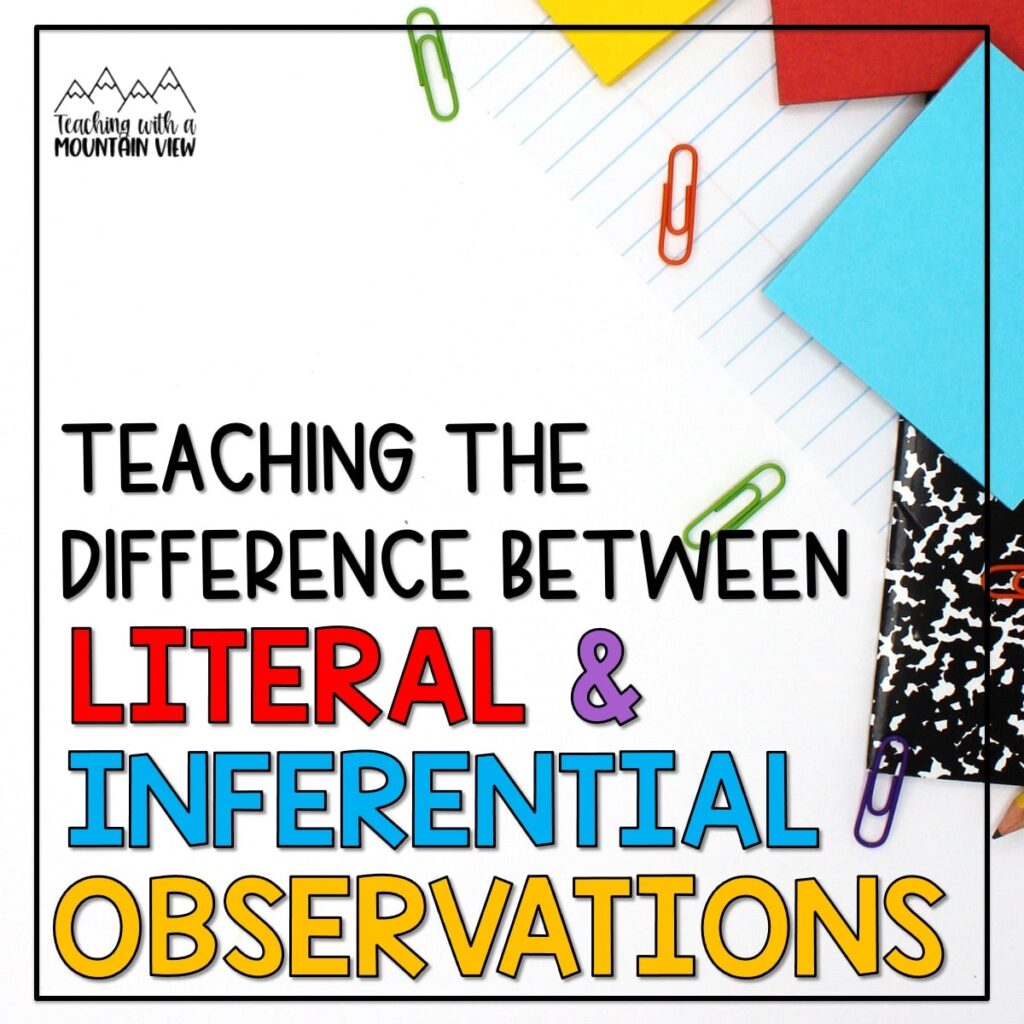
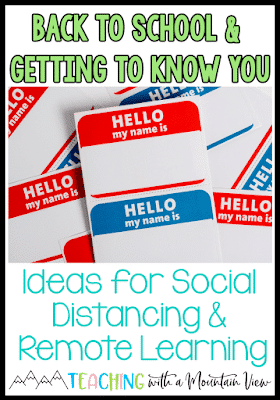

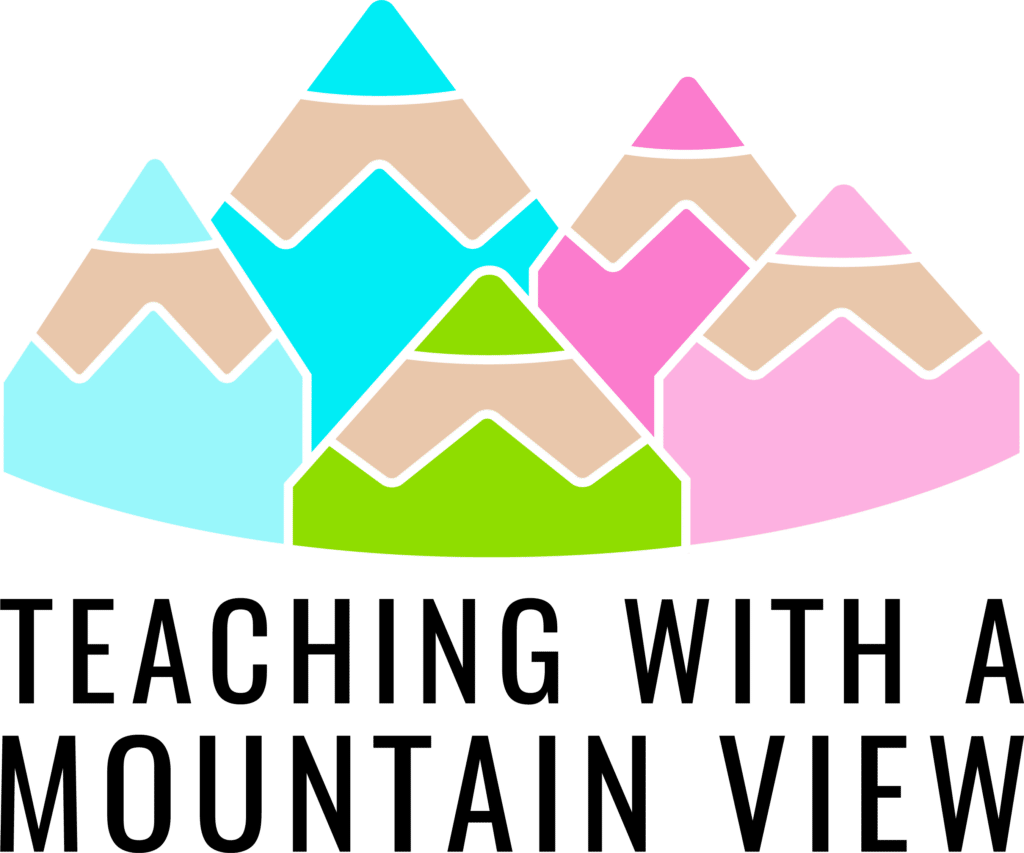
2 Comments